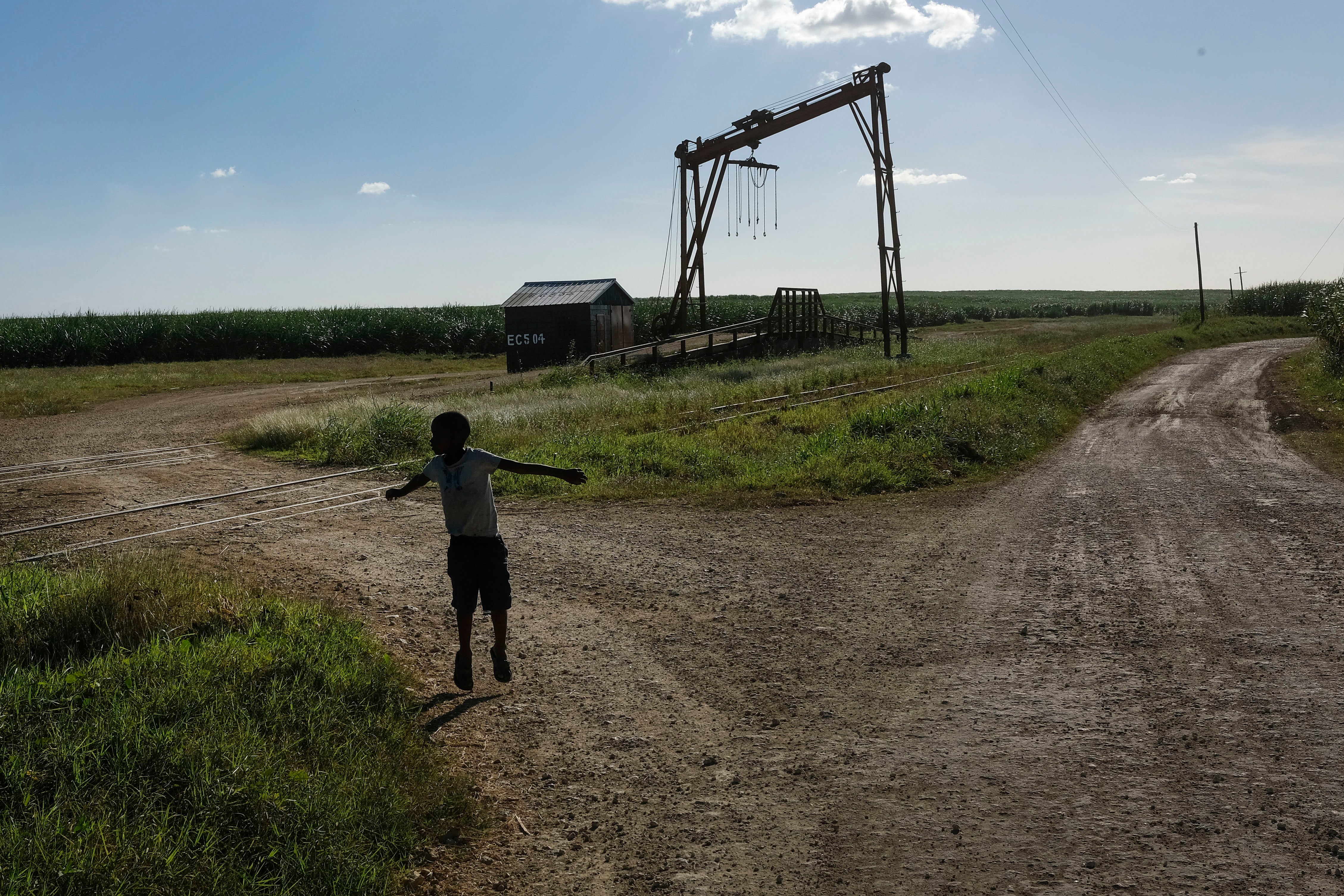Dominican sugar imports tied to forced labor rejected by US
The U.S. government says it will detain all imports of sugar and related products made in the Dominican Republic by the country's largest sugar producer amid allegations that it uses forced labor

Your support helps us to tell the story
From reproductive rights to climate change to Big Tech, The Independent is on the ground when the story is developing. Whether it's investigating the financials of Elon Musk's pro-Trump PAC or producing our latest documentary, 'The A Word', which shines a light on the American women fighting for reproductive rights, we know how important it is to parse out the facts from the messaging.
At such a critical moment in US history, we need reporters on the ground. Your donation allows us to keep sending journalists to speak to both sides of the story.
The Independent is trusted by Americans across the entire political spectrum. And unlike many other quality news outlets, we choose not to lock Americans out of our reporting and analysis with paywalls. We believe quality journalism should be available to everyone, paid for by those who can afford it.
Your support makes all the difference.The U.S. government announced Wednesday that it will detain all imports of sugar and related products made in the Dominican Republic by Central Romana Corporation, Ltd. amid allegations that it uses forced labor.
A U.S. Customs and Border Protection investigation found that the company allegedly isolated workers, withheld wages, fostered abusive working and living conditions and pushed for excessive overtime, the agency said in a news release.
“Manufacturers like Central Romana, who fail to abide by our laws, will face consequences as we root out these inhumane practices from U.S. supply chains,” said AnnMarie Highsmith with the CBP’s Office of Trade.
A spokeswoman for the company did not immediately return a text message seeking comment. La Central Romana, which has long faced those types of accusations, is the Dominican Republic's largest sugar producer.
The announcement was cheered by activists who have long decried the treatment of tens of thousands of workers who live and work on sprawling sugarcane fields, many of them Haitian migrants or descendants of them.
“This is needed to improve their situation,” Roudy Joseph, a labor rights activist in the Dominican Republic, said in a phone interview. “We’ve been asking for improvements for decades.”
The Associated Press last year visited several sugarcane fields owned by Central Romana where workers complained about a lack of wages, being forced to live in cramped housing that lacked water and restrictive rules including not being allowed to grow a garden to feed their families since transportation to the nearest grocery store miles away was too costly.
Joseph noted that at least 6,000 workers also are demanding pensions they never obtained despite paying their dues.
Sugarcane workers also have organized several protests this year to demand permanent residencies after working for decades in the Dominican Republic as the country cracks down on Haitian migrants under the administration of President Luis Abinader in a move that has drawn heavy international criticism.
Central Romana produced nearly 400,000 tons (363,000 metric tons) of sugar in the harvest period that ended last year after grinding more than 3.4 million tons (3 million metric tons) of cane, according to the company.